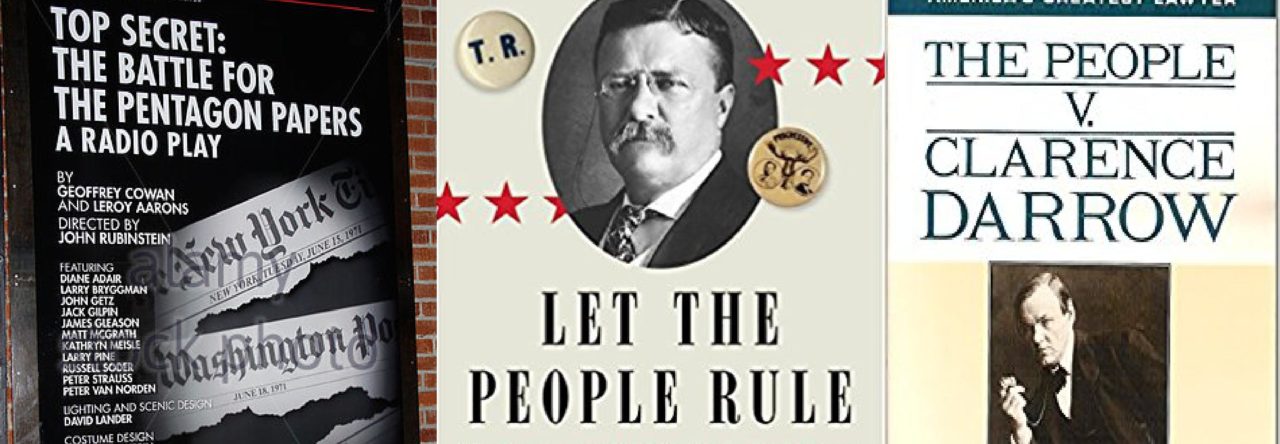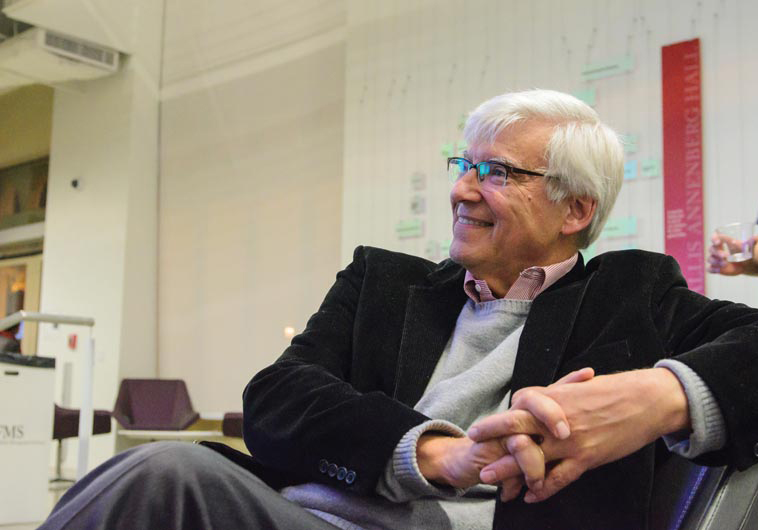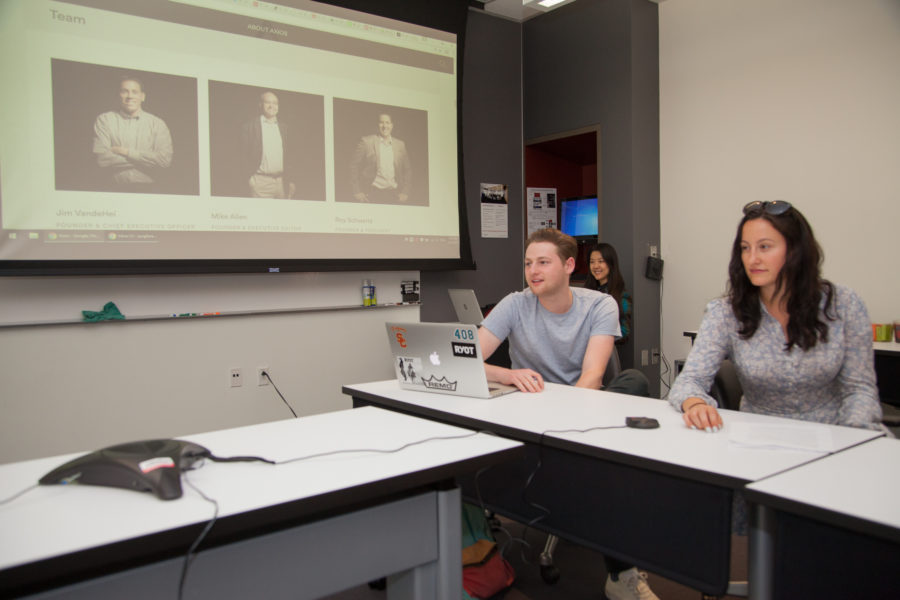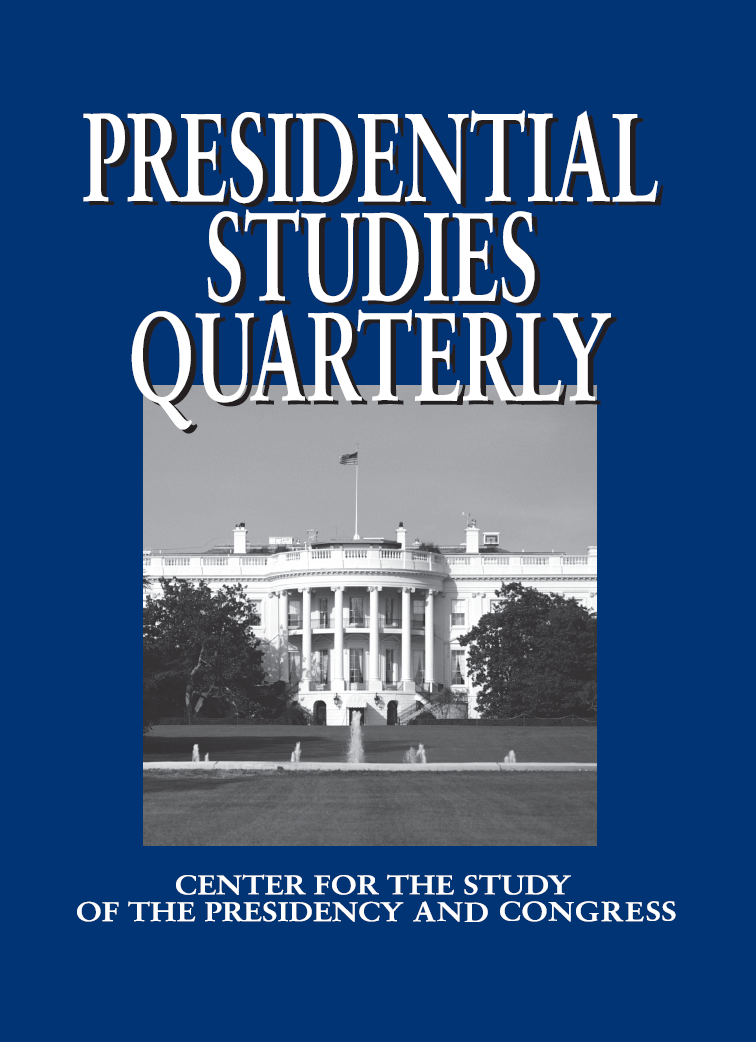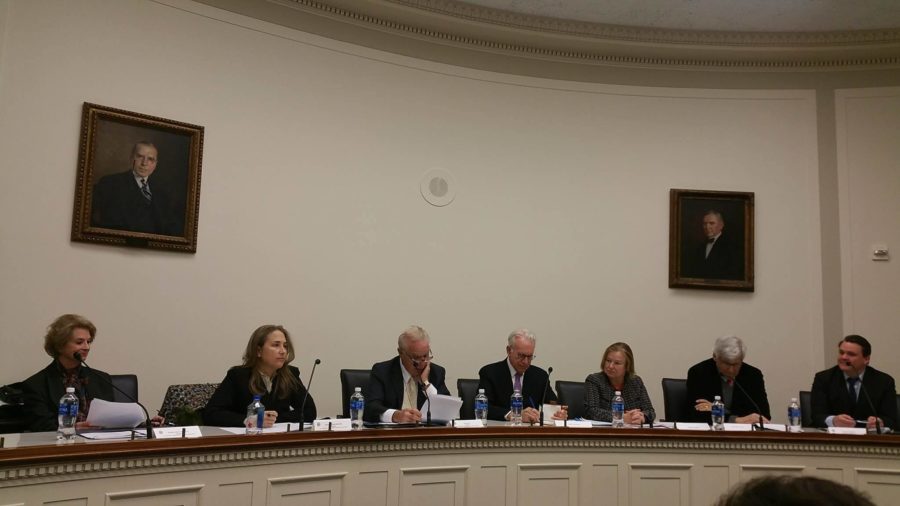Geoffrey Cowan weighed in on the information war in Russia and Ukraine with an op-ed published in Politico on March 28.
At first glance, it may seem like Russian citizens have few options to obtain information outside of state media. As Cowan writes, “The [Russian] government has closed down the few remaining independent newspapers such as Novaya Gazeta and the Moscow Times. President Vladimir Putin signed a law that calls for sentences of up to 15 years in prison for people who distribute “false news” about the Russian military. CNN, Bloomberg, CBS, the Canadian Broadcasting Corporation and German ARD and ZDF have suspended reporting from inside Russia in response. Russia has shut down social media platforms like Facebook and Instagram that some Russians used to access news.
Yet despite the Kremlin’s sophisticated attempts to control the narrative surrounding its invasion of Ukraine, there are still ways to reach Russian audiences. As former director of the Voice of America, Cowan has a message for the West: focus on public broadcasting.
“It might seem like Russians have been shut off from all information except Putin-controlled state media — but they haven’t. The West has a lot of practice breaking through the wall of silence the Kremlin has reerected. To win the information war, we need to revamp the tools we already have in our information war arsenal.
Those include Western news services that broadcast into Russia via a range of technologies. The BBC World Service’s Russian broadcasts have played an important role, as have the Russian language services of Germany and France. But perhaps the most important and effective services are the Voice of America (which was created in 1942 to combat German propaganda) and Radio Free Europe/Radio Liberty (which was created to combat Soviet propaganda during the Cold War). Both are produced by the United States Agency for Global Media. As a group, these U.S.-funded journalists reach a weekly audience of about 400 million people in 62 languages.”
